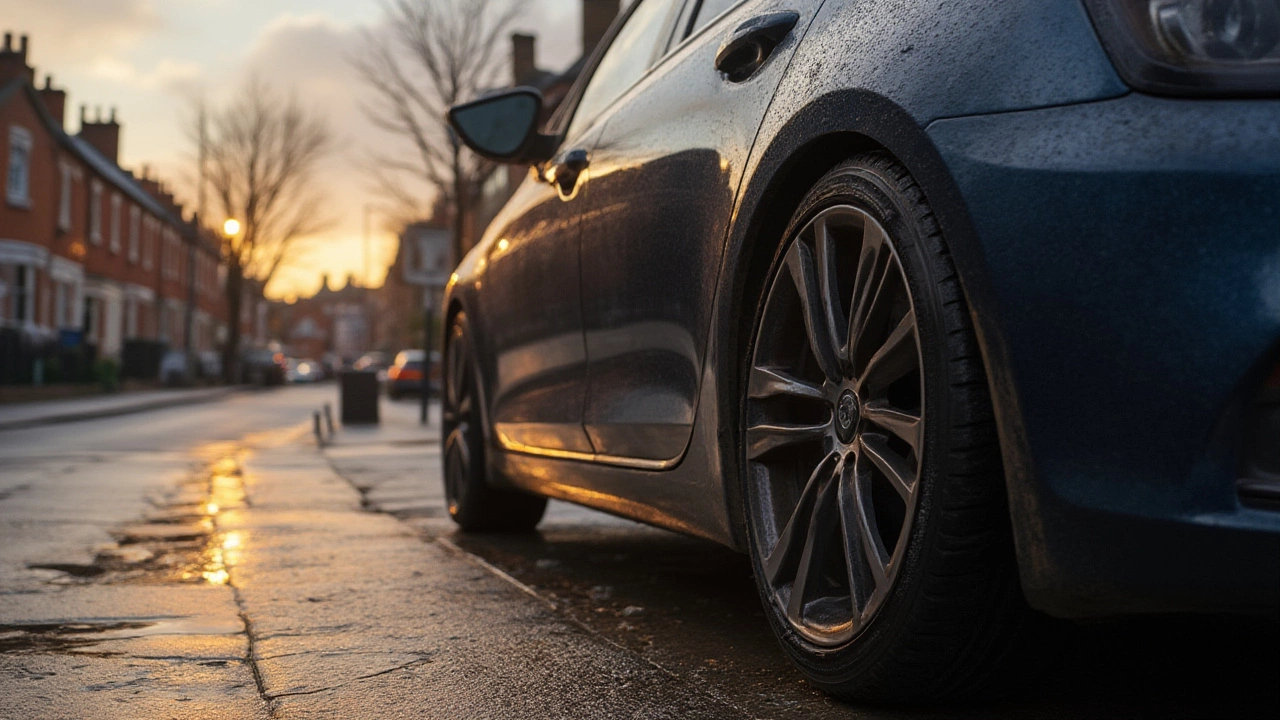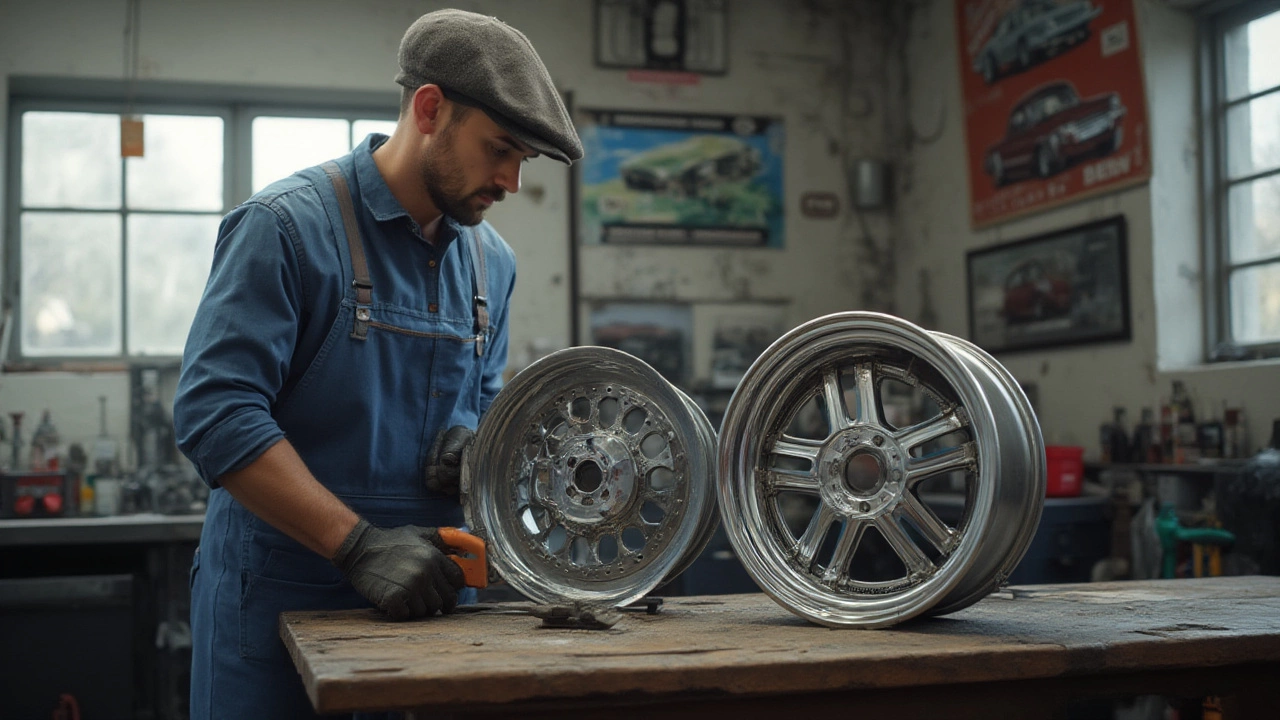Alloy Rims: What You Need to Know Before Buying or Replacing Them
When you see a car with sleek, shiny wheels, those are likely alloy rims, lightweight wheels made from aluminum or magnesium alloys, commonly used in modern cars for better performance and style. Also known as alloy wheels, they’re not just for show—they help your car stop faster, handle tighter corners, and run cooler by pulling heat away from the brakes. Unlike heavy steel wheels, alloy rims reduce unsprung weight, which means your suspension works more efficiently and your tires stay in better contact with the road.
But alloy rims aren’t indestructible. They crack easily from potholes, bend under heavy loads, and corrode if not cleaned properly. Many drivers don’t realize that a small crack or bend can lead to air leaks, uneven tire wear, or even a blowout. And while they look great, not every alloy rim fits every car—size, bolt pattern, and offset matter. If you’re swapping them out, you need to match your car’s original specs, or you’ll throw off the steering, speedometer, and brake performance. Even a 1mm difference in offset can cause rubbing on the fenders or suspension parts.
Some people think alloy rims are just for show, but they’re actually a key part of your car’s safety and efficiency. A good set helps your brakes cool down faster, which is why performance cars and track drivers rely on them. But if you drive on rough roads, you might want to consider steel wheels for winter or off-road use—they’re cheaper to fix and less likely to crack on debris. And if you’ve got a bent rim, don’t just replace it. Some shops can repair minor damage for a fraction of the cost. Just make sure they do a proper balance and pressure test afterward.
When shopping for new alloy rims, check the load rating, finish type, and whether they’re hub-centric or lug-centric. Hub-centric rims center on the wheel hub for better balance, while lug-centric rely on the bolts—which can cause vibrations over time. Also, avoid cheap knockoffs. Many online sellers offer rims that look real but are made from low-grade metal that warps under heat or stress. Stick to brands with clear certifications and real-world reviews.
And don’t forget maintenance. Salt, brake dust, and road grime eat away at the finish. Clean your rims regularly with a non-acidic cleaner. Harsh chemicals can strip the coating and lead to corrosion underneath. If you notice peeling paint or dull spots, fix them early—rust won’t show at first, but it’ll spread fast once it starts.
Below, you’ll find real-world guides on what to look for when inspecting, replacing, or upgrading your wheels. Whether you’re dealing with a cracked rim after a winter pothole, trying to improve your ride quality, or just want to know if those shiny new rims are worth the price—you’ll find clear, no-fluff advice here.

Do Alloy Rims Rust? The Truth About Alloy Wheels and Corrosion
Find out if alloy rims rust, the science behind alloy wheel corrosion, and how to keep your wheels looking sharp for years. Spot issues before they start.
July 19 2025
Alloy Rims vs. Steel Rims: Key Differences, Benefits, and Which to Choose
Explore the real differences between alloy and steel rims, including weight, cost, durability, looks, and performance so you can pick what's best for your car.
July 5 2025